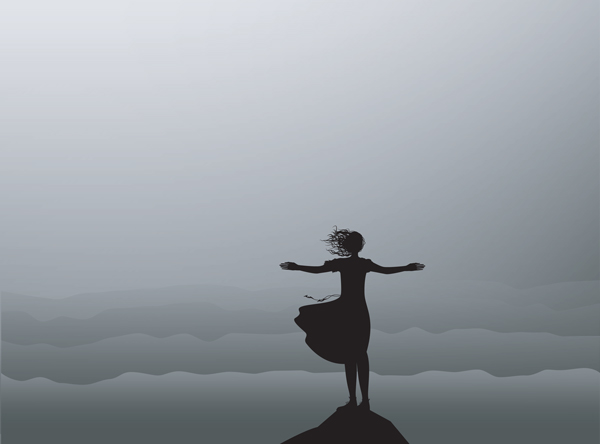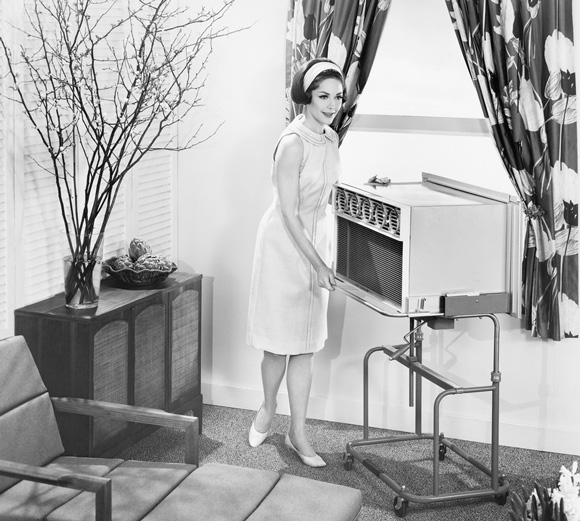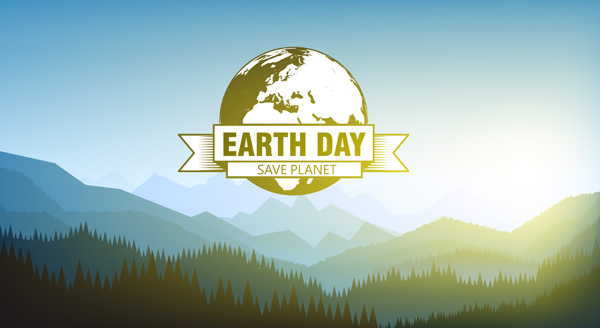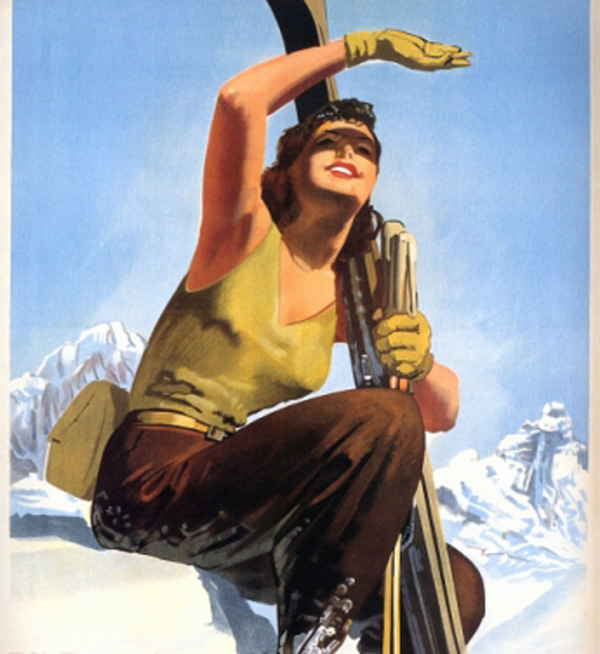 Threatening hurricanes like Joaquin churn up waves of speculation. When a doozy of a storm is eminent -- dumping boatloads of rain and destruction -- I fearfully follow a steady stream of hurricane alerts on social media. Normally, the wild weather choir would swallow me up -- especially, since family members literally lost the house in Hurricane Sandy. But lately, my perspective has had a slight shift.
Threatening hurricanes like Joaquin churn up waves of speculation. When a doozy of a storm is eminent -- dumping boatloads of rain and destruction -- I fearfully follow a steady stream of hurricane alerts on social media. Normally, the wild weather choir would swallow me up -- especially, since family members literally lost the house in Hurricane Sandy. But lately, my perspective has had a slight shift.
Still squarely aligned with the scientific community, I look to the experts who tell us carbon pollution is the main reason our planet is getting hotter, thus increasing our chances for severe weather.
Having recently spent time outside my little corner of the world at a series of conferences, I’m using a moral rudder to sail beyond fear. Mashable’s Social Good Summit, the Global Women’s Climate Justice Day of Action at the United Nations and the Omega Institute’s Women and Power conference focused heavily on women and climate change.
Gender and Climate Change
"It is terribly unjust that the people paying the most brutal price for climate impact are the ones least responsible.” Women's Earth & Climate Action Network (WECAN)
Locally and globally, climate change is not gender neutral. This injustice takes aim at women because women encompass a disproportionately large share of the poor -- in the U.S. and the rest of the world. Women are the caregivers for children, and those tiny lungs bear the brunt of pollution.
I was shocked to learn, “women and children are 14 times more likely to die than men during natural disasters." And according to the World Economic Forum, women perceive climate change risks more than men.
Yet, the policies of extreme weather are governed mostly by men. This is our political reality. In fact, leading up to Hurricane Joaquin, my newsfeed in the New York metropolitan area focused solely on two decision-making governors tracking the hurricane -- Andrew Cuomo and Chris Christie.
As Elizabeth Gilbert, author of Eat, Pray, Love and Big Magic, noted in her keynote speech at Omega:
“I meet amazing women who want to do amazing things, but are not doing it. They are not because of fear.”
Empathy, Education and Ethics
There was an overarching theme I heard over and over at these conferences to counteract the powerless fear women feel about climate change -- we employ empathy, education and ethics.
To overcome fear, we need to use these weapons and get active. When we started Moms Clean Air Force, we didn’t ask people to donate, we asked them to care – to care about air pollution, to care about how toxic chemicals affect their families, to care about the climate that will impact their children’s future. We discovered once people cared about the issues, they became empowered to activate in their community.
But as Madeleine Albright, the first female Secretary of State of the U.S., said at the Social Good Summit,
"America is a generous country but we aren't doing enough...given the scale and our own capabilities."
In the U.S. we call for strong environmental regulations and get pushback every step of the way from polluters who defend their right to pollute and the politicians that protect them. Compromised, we inch forward.
Storm Warning
Globally, the situation is even worse because nature doesn’t regulate. For instance, in the Maldives, the islands off the coast of India, “could become the first state in history to be completely erased by the sea.”
Thilmeeza Hussain, from the Maldives and founder of Voice of Women spoke at the WECAN event about a location that can’t wait for politics:
“We are thinking about our survival, our existence. There’s nothing to negotiate when it comes to global warming.”
Living in a sacrifice zone is no way to live. Many of us care about our relationship to climate change -- now we need to reach beyond and help women across the globe move from fear to caring about solutions.
The scientific evidence is settled; global warming is real and climate change is a women's rights issue. Now it's time to weather the storm together.

 I’ve run the “Mothership” around here for years, and have lived through a litany of complaints from my kids about the rising heat and the need for air conditioning.
I’ve run the “Mothership” around here for years, and have lived through a litany of complaints from my kids about the rising heat and the need for air conditioning.
 Here are a few reasons to love Earth Day and stay committed to protecting the environment:
Here are a few reasons to love Earth Day and stay committed to protecting the environment: During a recent conversation with a fellow skier, I mentioned my dire concern that climate change has derailed winter. Last year, my internal snow globe geared up as the temps dropped -- skis tuned, fluffed up the down and kept the backpack ready to go at the first dusting.
During a recent conversation with a fellow skier, I mentioned my dire concern that climate change has derailed winter. Last year, my internal snow globe geared up as the temps dropped -- skis tuned, fluffed up the down and kept the backpack ready to go at the first dusting.